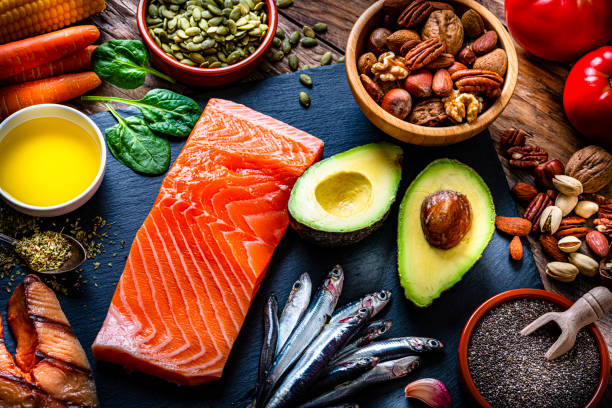Making a few changes to your diet can be an effective way to lose weight. But instead of trying a fad diet, why not go for something that has a scientific basis instead?
Protein is a macronutrient (along with carbs and fat) that plays a crucial role in our body’s normal function. Studies also discovered that it can keep us fuller and avoid cravings.
Some of the many important roles of protein in our body are:
- It aids in muscle development.
- It promotes muscle recovery.
- It contributes to our body’s overall functioning.
But the question you probably want to ask is, how does protein contribute to weight loss?
A diet rich in protein can help us to stay full for longer. At the same time it enables the body to use more energy.
One study that was published in The American Journal of Clinical Nutrition stated that high protein diets result in high energy expenditure, leading to more weight loss. In other words, if you consume the same amount of calories but focus more on calories coming from protein, you are going to utilize more energy which will result in weight loss.
In addition, people who eat protein-rich meals are less likely to eat snacks in between meals.
How Much Protein is Needed for Weight Loss?
Consuming approximately 1.8-2.9g of protein per kilogram of bodyweight daily has been found to improve an individual’s feeling of fullness, leading to healthier eating and gradual loss of weight.
The recommended protein intake is 0.8g per day for every kilogram of body weight for a normal person. Athletes and very active individuals are recommended to take 1.2 to 1.7 g per day for every kilogram of body weight.
Is There Such a Thing as Eating Too Much Protein?
Well, there is. You don’t want to go overboard on your protein-rich diet because the side effects are: constipation, bad breath, diarrhea, and dehydration. Too much protein could mean you are deficient in other essential nutrients like veggies and fruits and fats. So while the bodybuilders and weight lifters at CrossFit may be consuming a whole lot of protein, regular people may not need as much.
High Protein Foods for Weight Loss
Contrary to what most people think, there are lots of protein sources other than meat (beef, pork, lamb, veal, chicken, duck, and turkey). We list them here:
- Fish (salmon, tuna, etc.)
- Other seafood (prawns, mussels)
- Eggs
- Yogurt
- Milk
- Cheese
- Lentils
- Beans
- Seeds
- Chickpeas
- Nuts
- Tofu
Other Tips to Help You Lose Weight
Losing weight doesn’t simply mean changing your diet. It’s also crucial to make other lifestyle adjustments. We recommend doing the following, if you want to get optimal results:
- Exercise regularly. You should do a combination of cardio and strength training.
- Stay hydrated. Drinking a glass of water before every meal and snack will help you avoid overeating.
- Eat a balanced diet. Eat veggies and fruits, complex carbs and protein rich foods instead of junk food and processed stuff.
- Get enough sleep. Lack of sleep could lead to overeating.
- Eat regularly. Starving yourself could cause you to binge-eat or indulge in unhealthy snacking.
Check out this video about using whey protein to help you with weight loss:
